The first years were hard. Thankfully there were professional books. It wasn't long after I started teaching that Nancie Atwell wrote, In the Middle: Writing, Reading and Learning with Adolescents now in its third edition. To this day, I consider this book to be one of the professional books that helped shape my work as an educator and honestly may have kept me teaching.
Authors of professional books about education continued to improve my work when I moved grade levels, noticed parts of my teaching that I needed to grow, or joined groups of educators hoping to study teaching in greater depth. Authors like Gay Su Pinnell, Irene Fountas, Debbie Miller, Franki Sibberson, Katie Wood Ray, Ralph Fletcher, Shelley Harwayne, and Troy Hicks all played a part in important shifts in my teaching.
Professional Books for New Teachers
I've been doing a lot of our work with our newest teachers. I've found their conversations engaging as they work to take what they know and solve new questions they're finding as they work alongside children each day. In addition to working with new teachers, my son is doing his student teacher this year. All of these conversations have me thinking about professional books I'd recommend to new teachers. Here are a few titles I recommend as teachers begin:
Primary Teachers
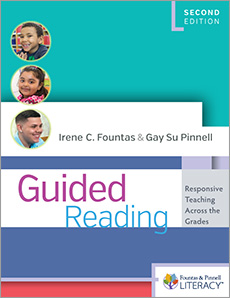 |
by Irene Fountas and Gay Su Pinnell |
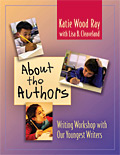 |
| About the Authors:Writing Workshop with Our Youngest Writers by Katie Wood Ray with Lisa Cleveland |
 |
| Reading with Meaning:Teaching Comprehension in the Primary Grades by Debbie Miller |
For Intermediate
 |
| Still Learning to Read:Teaching Students in Grades 3-6 by Franki Sibberson and Karen Szymusiak |
 |
| The Writing Workshop: Working through the Hard Parts (And They're All Hard Parts) by Katie Wood Ray |
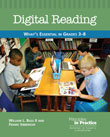 |
| Digital Reading: What's Essential in Grades 3-8 by Franki Sibberson and Bill Bass |
For All
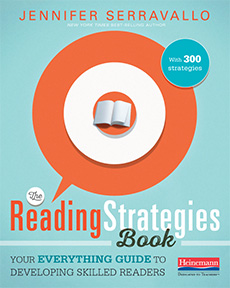 |
| The Reading Strategies Book: Your Everything Guide to Developing Skilled Readers by Jennifer Serravallo |
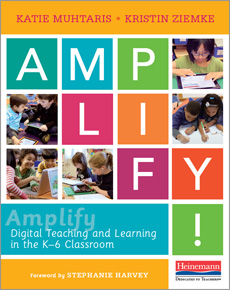 |
| Amplify: Digital Teaching and Learning in the K-8 Classroom by Katie Muhtaris and Kristin Ziemke |
 |
| Teaching with Intention: Defining Beliefs, Aligning Practice, Taking Action K-5 by Debbie Miller |
There have been so many books written that it was hard to narrow to these titles. These seem to be the books that help when thinking about the foundations of our work. If you have favorite recommendations for new teachers, I hope you'll share them in the comments.











